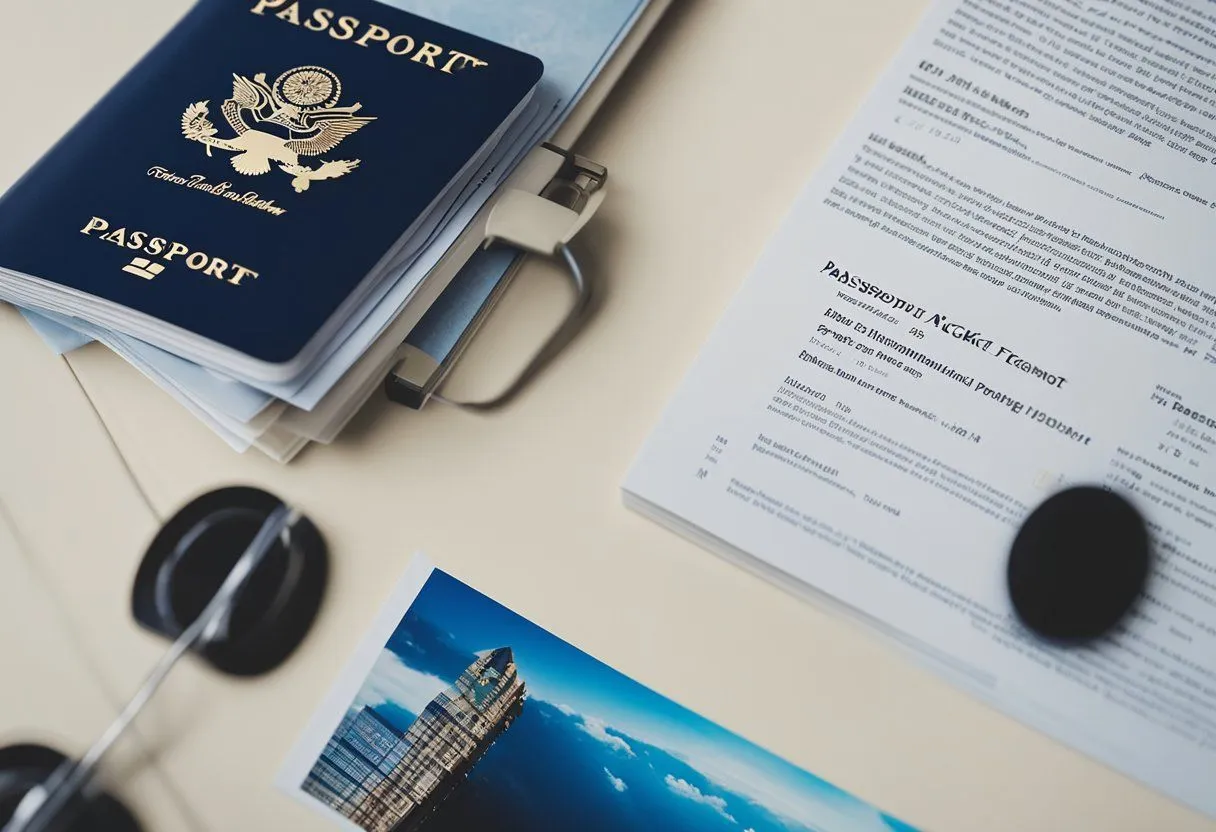Travel Insurance Essentials: A Comprehensive Guide for Jetsetters
Traveling can be an exciting and enriching experience, but it also comes with its own set of risks and uncertainties. Unexpected events such as flight cancellations, lost luggage, or medical emergencies can quickly turn a dream vacation into a nightmare. That’s where travel insurance comes in – it provides peace of mind and financial protection against unforeseen circumstances.
However, with so many different types of travel insurance policies available, choosing the right one can be overwhelming. This comprehensive guide aims to simplify the process by outlining the essential factors that jetsetters need to consider when purchasing travel insurance. From understanding the different types of coverage to comparing policies from different providers, this guide covers everything travelers need to know to make an informed decision.
Understanding Travel Insurance

Travel insurance is a type of insurance that covers unexpected events that may occur while traveling. It provides coverage for medical emergencies, trip cancellations, lost or stolen luggage, and other unforeseen circumstances that may arise during a trip.
Types of Travel Insurance
There are several types of travel insurance, including:
- Medical Coverage: This type of insurance provides coverage for medical emergencies that may occur while traveling. It covers expenses such as hospitalization, emergency medical evacuation, and repatriation of remains.
- Trip Cancellation/Interruption Coverage: This type of insurance provides coverage for trip cancellations or interruptions due to unforeseen events such as illness, injury, or death of a family member.
- Baggage and Personal Effects Coverage: This type of insurance provides coverage for lost or stolen luggage and personal belongings.
- Accidental Death and Dismemberment Coverage: This type of insurance provides coverage for accidental death or dismemberment that may occur while traveling.
- Travel Delay Coverage: This type of insurance provides coverage for expenses incurred due to travel delays such as hotel stays, meals, and transportation.
Benefits and Limitations
While travel insurance provides peace of mind while traveling, it is important to understand the benefits and limitations of each policy. Some policies may have exclusions or limitations on coverage, such as pre-existing medical conditions or high-risk activities.
It is important to carefully read and understand the policy before purchasing travel insurance. Travelers should also keep all documentation and receipts in case a claim needs to be filed.
In summary, travel insurance is an essential part of any trip. It provides coverage for unexpected events that may occur while traveling, giving travelers peace of mind and protection against financial loss.
Choosing the Right Travel Insurance

When it comes to travel insurance, choosing the right policy can be overwhelming. With so many options available, it can be difficult to know which one is the best fit for your needs. Here are some factors to consider when choosing the right travel insurance policy:
Factors to Consider
- Destination: Different policies may have different coverage levels depending on the destination. For example, if you are traveling to a remote or high-risk area, you may need a policy that offers medical evacuation coverage.
- Length of Trip: The length of your trip can also impact your policy options. Some policies may only cover trips up to a certain number of days, while others may offer coverage for longer trips.
- Type of Travel: If you are participating in adventure sports or other high-risk activities, you may need a policy that offers additional coverage.
- Age and Health: Your age and health can also impact your policy options. Some policies may have age restrictions or exclude coverage for pre-existing medical conditions.
Comparing Different Policies
Once you have considered your specific needs, it’s important to compare different policies to find the best fit. Here are some key factors to consider when comparing policies:
- Coverage Limits: Look at the coverage limits for different types of coverage, such as medical expenses, trip cancellation, and baggage loss.
- Deductibles: Some policies may have deductibles that you will need to pay before coverage kicks in.
- Exclusions: Make sure to read the policy carefully to understand any exclusions or limitations.
- Price: While price should not be the only factor you consider, it is important to compare prices for similar coverage levels.
By taking the time to consider your specific needs and compare different policies, you can find the right travel insurance policy to give you peace of mind on your next adventure.
Claiming Travel Insurance

Travel insurance can provide peace of mind when traveling, but it’s important to understand how to file a claim if something goes wrong. Here are some key things to keep in mind when claiming travel insurance.
When and How to File a Claim
The first step in filing a travel insurance claim is to read your policy carefully and understand what is covered. If you experience a covered event, such as a medical emergency or trip cancellation, you will need to file a claim with your insurance provider as soon as possible. Most insurers have a specific process for filing a claim, which may include filling out a form or providing documentation. Make sure to follow the instructions provided by your insurer carefully to ensure that your claim is processed correctly.
It’s also important to keep detailed records of any expenses related to your claim, such as medical bills or receipts for canceled flights or accommodations. This will make it easier to provide the necessary documentation to your insurer and ensure that you are reimbursed for eligible expenses.
Dealing with Disputes
In some cases, your insurer may deny your claim or offer a lower reimbursement than you expected. If this happens, it’s important to understand your options for disputing the decision. Start by reviewing your policy to understand the specific terms and conditions related to your claim. If you believe that your claim was denied unfairly, you may be able to file an appeal with your insurer or seek assistance from a consumer advocacy organization.
It’s also important to keep in mind that different insurers may have different policies and procedures for handling disputes. Make sure to review your policy carefully and understand your rights and responsibilities as a policyholder. By staying informed and taking an active role in the claims process, you can help ensure that you receive the coverage and reimbursement you are entitled to under your travel insurance policy.



